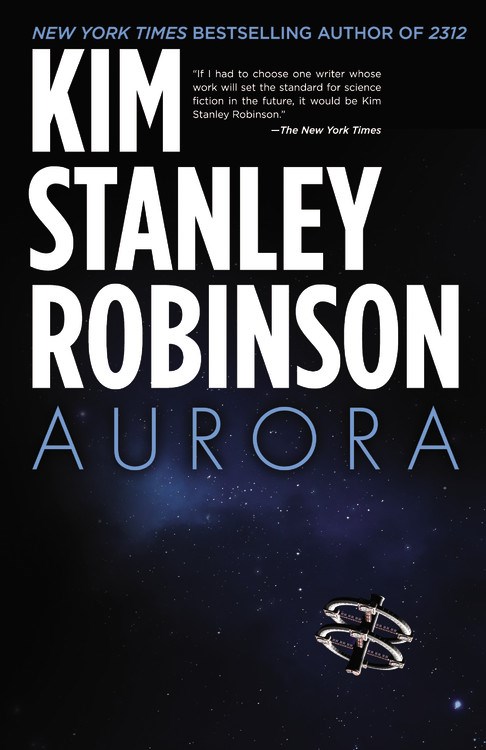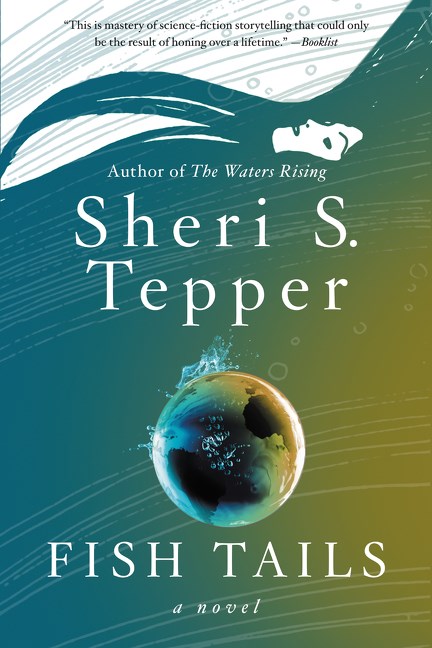 Philip K. Dick: Four Novels of the 1960s (Library of America, 2007)
Philip K. Dick: Four Novels of the 1960s (Library of America, 2007)
"Known in his lifetime primarily to readers of science fiction, Philip K.
Dick is now seen as a uniquely visionary figure, a writer
who, in editor Jonathan Lethem's words, "wielded a sardonic yet
heartbroken acuity about the plight of being alive in the twentieth
century, one that makes him a lonely hero to the readers who cherish
him." Posing the questions "What is human?" and "What is real?" in a
multitude of fascinating ways, Dick produced works-fantastic and weird
yet developed with precise logic, marked by wild humor and soaring
flights of religious speculation-that are startlingly prescient
imaginative responses to 21st-century quandaries.
This Library of America volume brings together four of Dick's most original novels.
The Man in the High Castle
(1962), which won the Hugo Award, describes an alternate world in which
Japan and Germany have won World War II and America is divided into
separate occupation zones. The dizzying
The Three Stigmata of Palmer Eldritch (1965) posits a future in which competing hallucinogens proffer different brands of virtual reality.
Do Androids Dream of Electric Sheep? (1968), about a bounty hunter in search of escaped androids in a postapocalyptic future, was the basis for the movie
Blade Runner.
Ubik (1969), with its future world of psychic espionage agents and
cryogenically frozen patients inhabiting an illusory "half-life,"
pursues Dick's theme of simulated realities and false perceptions to
ever more disturbing conclusions."




 The Lone Ranger and Tonto Fistfight in Heaven (1993) by Sherman Alexie
The Lone Ranger and Tonto Fistfight in Heaven (1993) by Sherman Alexie